Field Course
Students and faculty travel to Ecuador for a two-week intensive field course where we work closely with our local community partners at FCAT.
While on the course, students design, implement, and write up field based research projects, receive regular lectures on socio-ecological conservation from experts and practitioners.
Students are also exposed to a number of conservation efforts including water quality, experimental rainforest restoration, and sustainable agriculture designed to improve the livelihoods of local residents.
Testimonials
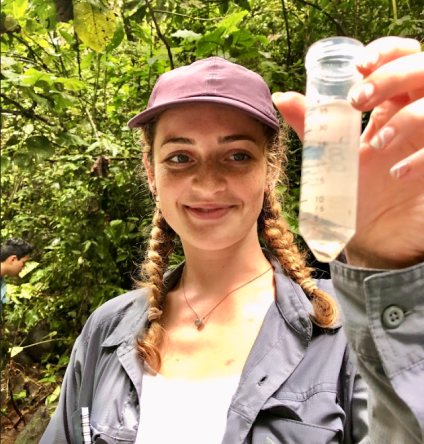
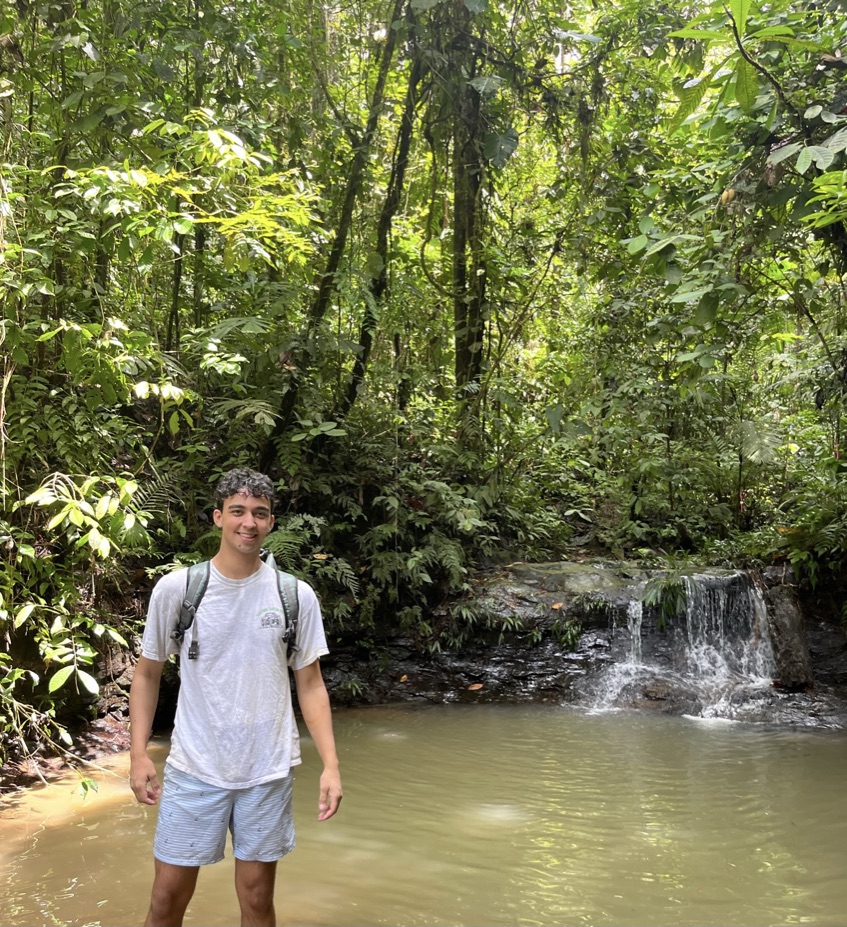
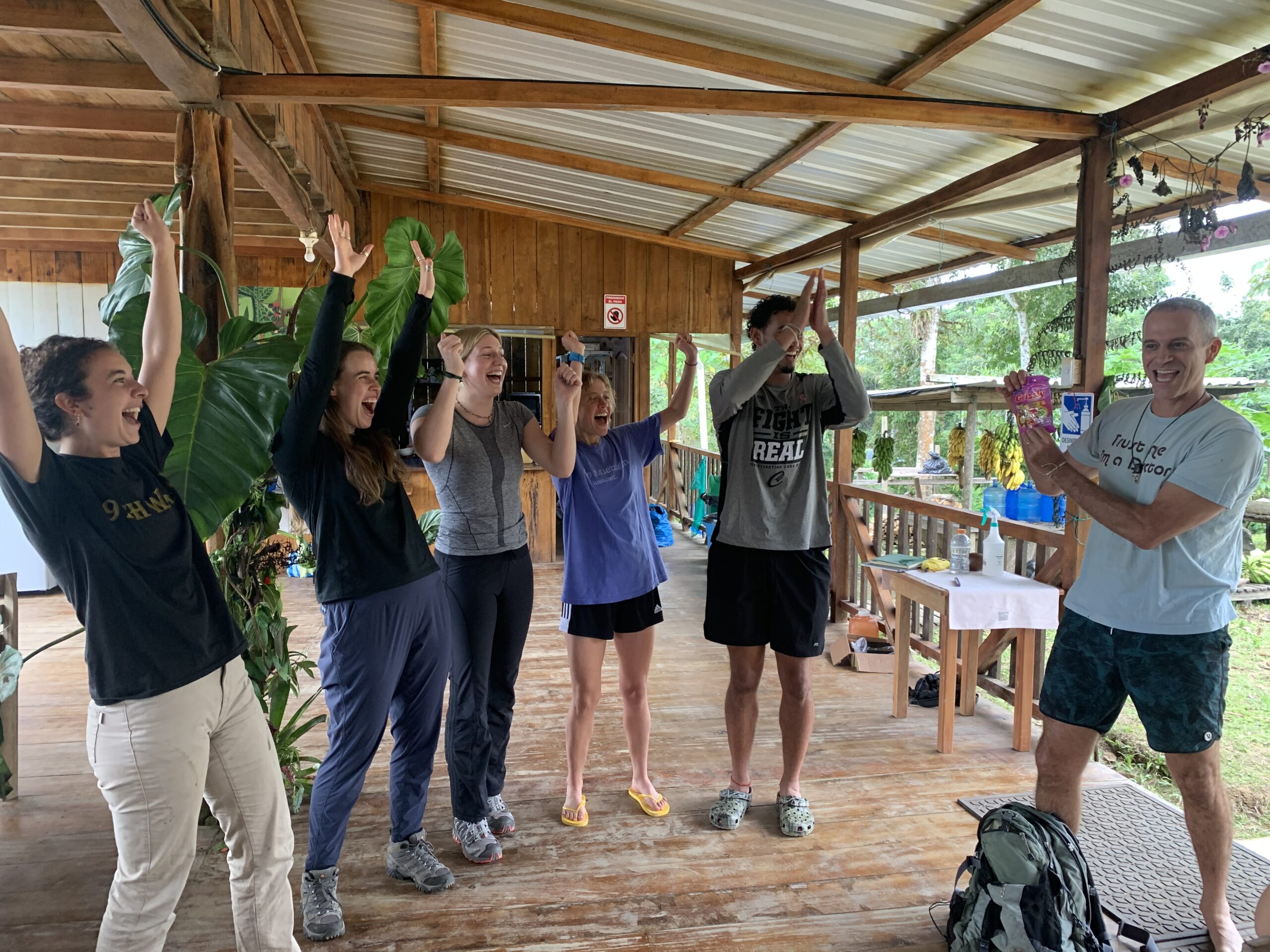
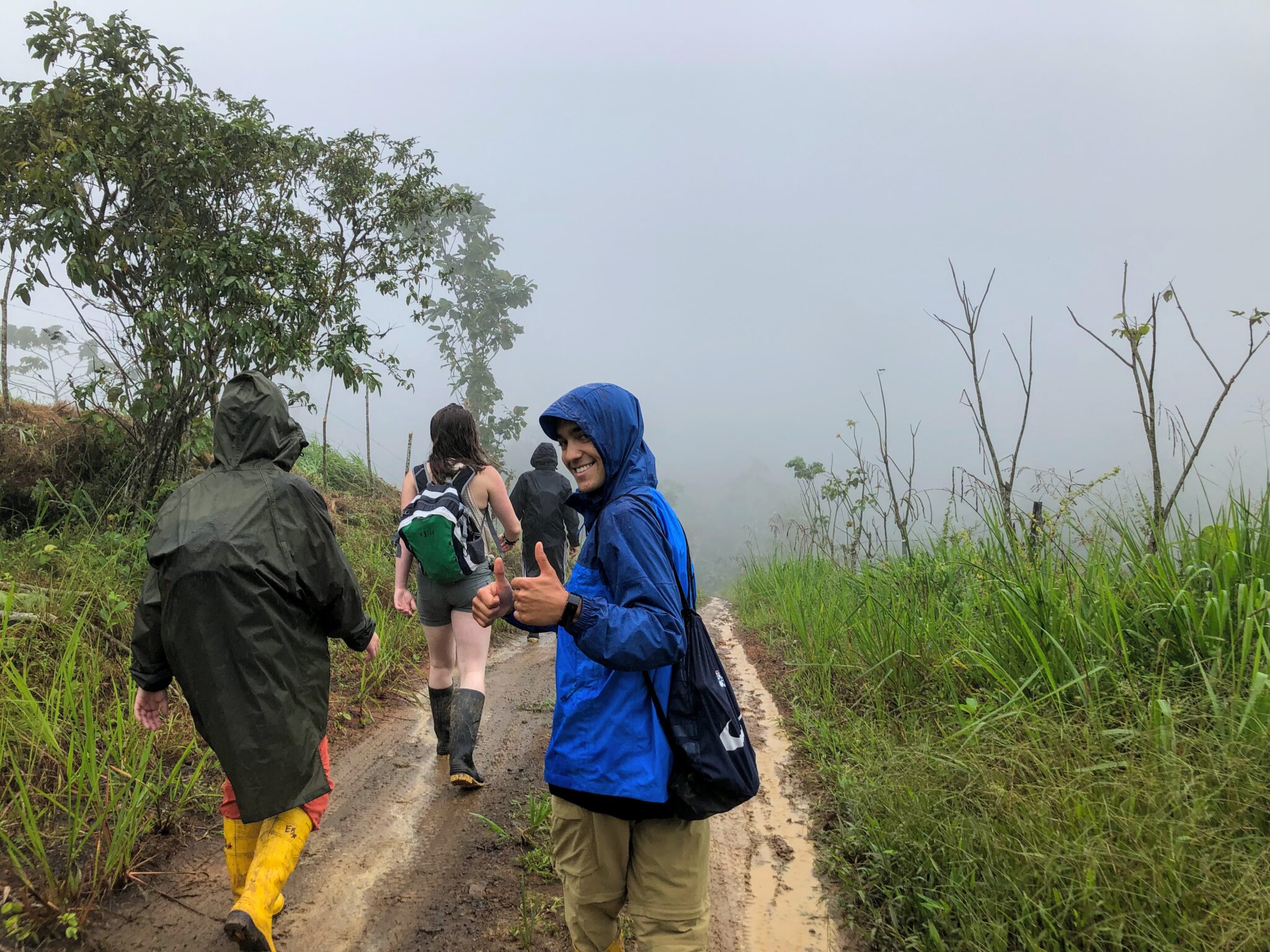
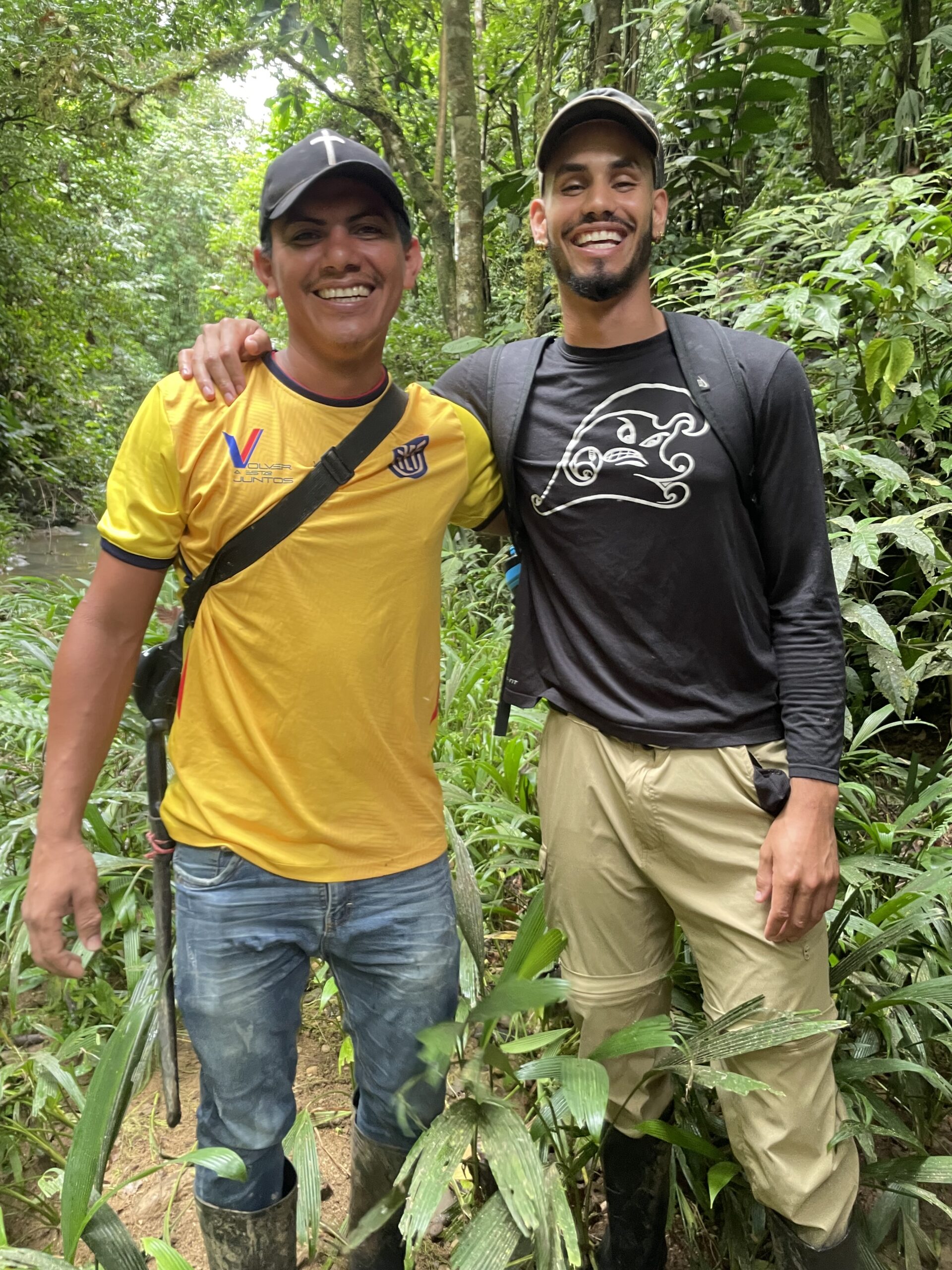
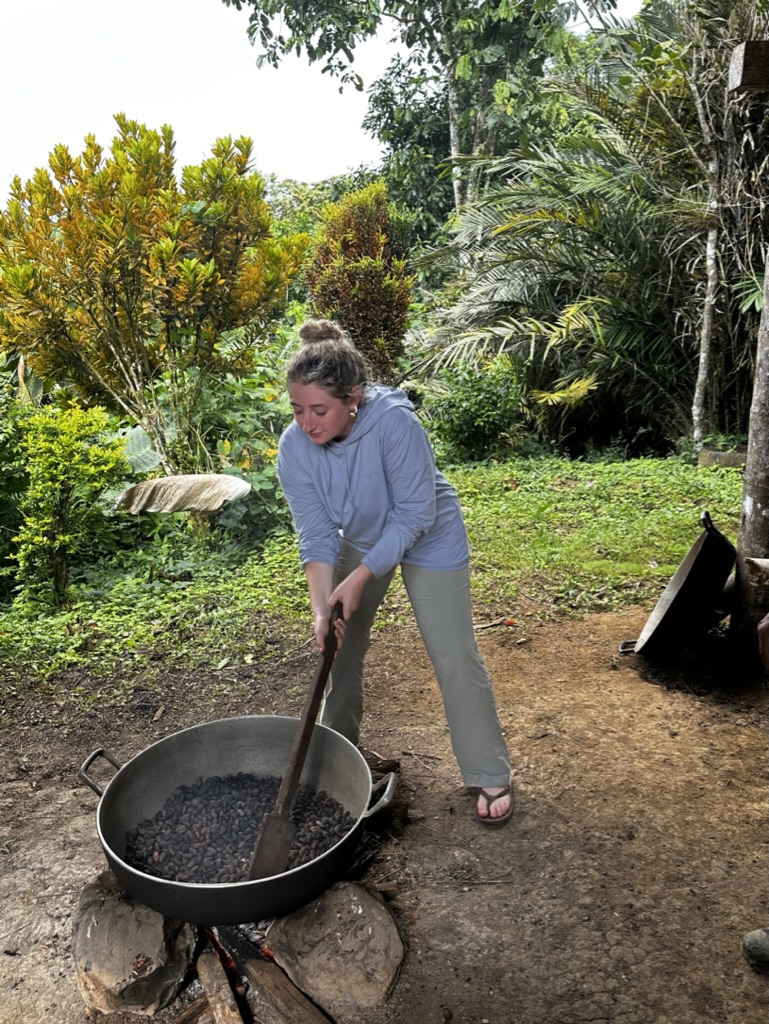
Course Logistics
Applications are due March 1, 2024 and students will be notified of decisions by the end of March.
Submit your application through the Tulane Study Abroad Portal!
Trip dates may shift slightly.
To stay up-to-date on announcements and when applications are opened, fill out this short form:
Course Credit
Tulane Students
The course serves as a 3000-level elective in the Department of Ecology and Evolutionary Biology. It fulfills:
- The EVST Methods requirement
- 1st or 2nd tier public service graduation requirement
- Serves as a SPHU elective for public health majors and minors
Non-Tulane Students
For students who are not current students at Tulane, your first step is to apply through the Tulane Study Abroad Portal.
If accepted to the program, you will complete a short application to apply to Tulane summer school and be admitted to Tulane to participate in the course. You can have your credits transferred back to your home University if their policies and procedures allow.
Check with your University to confirm your credits will transfer.
Requirements
Prerequisites:
The course will be primarily based in Ecuador, with expectations for additional work before and after the international experience. Instructor approval is required for admittance. No course or language prerequisites required. Basic Spanish language skills are encouraged but not required.
Passport & Visas:
A valid passport is required for all U.S. citizens traveling to Ecuador. Requirements vary for other nationalities. International students should check the requirements for their respective countries. Your passport must be valid for at least 6 months past the date in which you plan to leave for Ecuador.
For U.S. passport holders, there is no Visa required for students traveling to Ecuador as long as they plan to spend less than 90 days in country. For other nationalities, visas may be required.
Obtaining a visa, if required, is the responsibility of the student. Visas can take months to receive and we encourage you to start the process as soon as possible if you will need a visa to enter the country.
International Health Insurance &
Crisis24 Emergency Insurance
All students participating in summer programs are covered by a comprehensive study abroad medical insurance policy provided through GeoBlue Travel Medical & International Health Insurance.
Students are also covered by Crisis24. This insurance assists students with various medical and safety needs as well as emergency needs such as evacuation (for non-medical reasons) if necessary.
Insurance costs are included in the cost of the program.
Program Cost & Scholarships
$4,500 is the cost of the program,
inclusive of everything except airfare.
Cost Includes:
- Tuition
- Room and Board
- In-country transportation
- Group Meals
- Medical and Travel Insurance
- Airfare is not included in program cost
Payments:
- A deposit of $300 is required when you submit your completed application.
- Once you accept a place on the trip, your deposit becomes non-refundable.
- Commitments are typically due by early April.
- The remaining cost of the course will be billed and paid through your Tulane account and is non-refundable.
Scholarships
We also encourage you to seek out support from other appropriate offices and funding sources at your university (at Tulane, this includes the Center for Academic Equity, Taylor Center, and others) and in your community (including Rotary Clubs and other similar organizations).